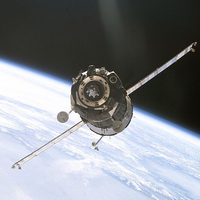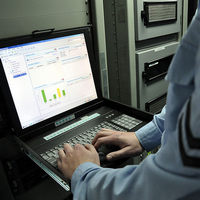
While much has been said about the overall merits of the New START agreement, comparatively little attention has focused on the treaty’s Article 10. This relatively short but telling passage borrows decades-old language reinforcing both the United States’ and Russia’s mutual obligations regarding “national technical means” (NTM) of treaty monitoring and verification — diplomatic speak for spy satellites. Article 10 obligates both parties to use NTM in accordance with the principles of international law, to refrain from concealment measures intended to impede NTM verification of compliance, and, most importantly, not to interfere with each other’s NTM. The nod to NTM […]



